If you're a weekend warrior—someone who trains hard on weekends after a busy weekday grind—fueling your body properly is essential. Cardio and endurance activities demand sustained energy, quick recovery, and consistent performance. But let’s be honest: between work, family, and life, finding time to eat healthy every day can feel impossible.
That’s where weekly meal prep comes in. With a low-impact, realistic blueprint, you can eat healthier without spending hours in the kitchen. This guide gives you actionable steps, clear progress checks, and strategies designed specifically for active individuals who want to optimize their nutrition—without burnout.
Endurance athletes and cardio enthusiasts need a steady supply of complex carbohydrates, lean proteins, and healthy fats. Skipping meals or relying on processed foods can lead to energy crashes, poor recovery, and reduced performance.
Meal prepping ensures you have nutrient-dense foods ready when hunger strikes. It reduces decision fatigue, prevents impulsive eating, and supports consistent energy levels—all critical for weekend training sessions.
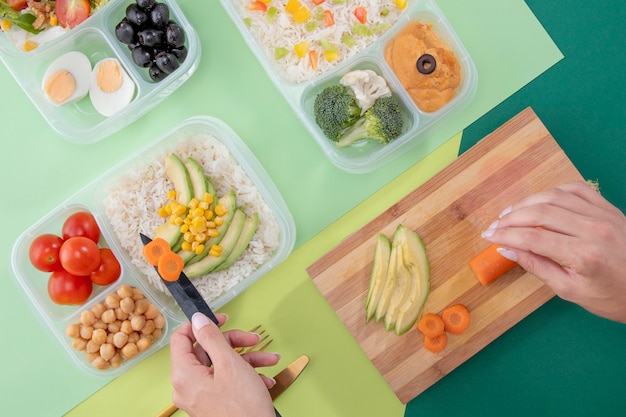
This plan is designed to take no more than 2–3 hours on the weekend. It focuses on simplicity, repetition, and balance—without sacrificing flavor or nutrition.
Start by defining your goals. Are you training for a 10K? Improving stamina? Just staying active? Your goals influence your macros:
Use a free app or spreadsheet to estimate your daily caloric needs based on activity level. Then, plan 4–5 core meals you can rotate throughout the week.
You don’t need 20 different meals. Focus on 2–3 balanced dinner recipes and 1–2 lunch options. For example:
Batch-cook grains and proteins, then mix and match. This reduces cooking time and keeps meals interesting.
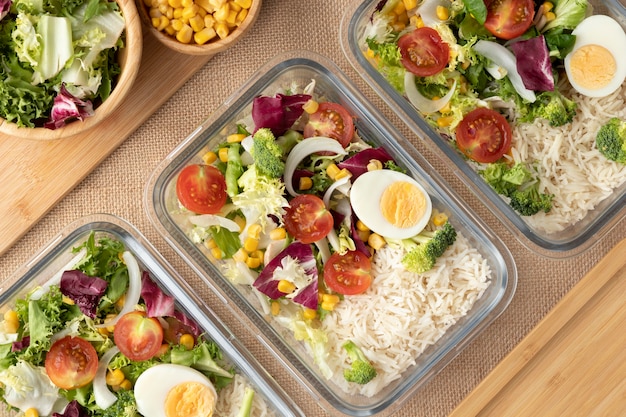
Create a grocery list based on your meal plan. Focus on:
Shop once a week to save time and avoid impulse buys. Choose frozen vegetables if fresh ones spoil too quickly—they’re just as nutritious.
Break your prep into manageable tasks:
Store meals in the fridge for up to 4 days. Freeze extras for later in the week.
Success isn’t just about sticking to the plan—it’s about noticing results. Use these weekly check-ins:
Adjust your plan based on feedback. If you’re bored, swap one recipe. If you’re hungry, add more healthy fats or fiber.

Remember, consistency beats perfection. Even prepping 50% of your meals is a win.
Eating healthier doesn’t require a complete lifestyle overhaul. For weekend warriors focused on cardio and endurance, a simple weekly meal prep routine can dramatically improve energy, performance, and recovery.
By following this low-impact blueprint—planning, prepping, and tracking—you’ll build sustainable habits that support your fitness goals. Start this weekend. Your future self will thank you.

Fitness

Fitness

Fitness

Fitness
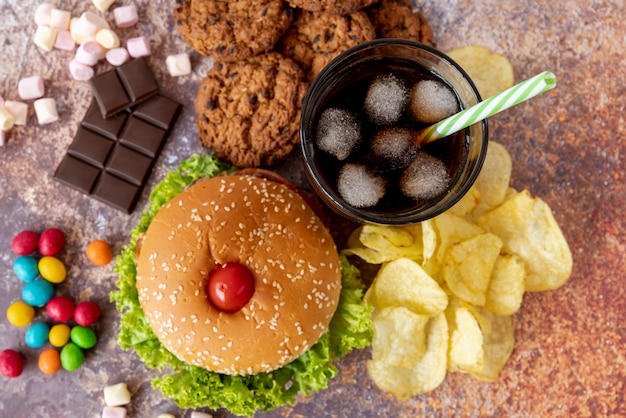
Health

Health

Health

Fitness

Wellness

Fitness
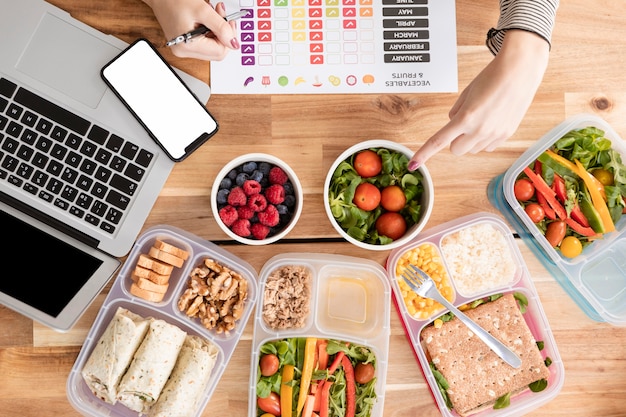
Wellness
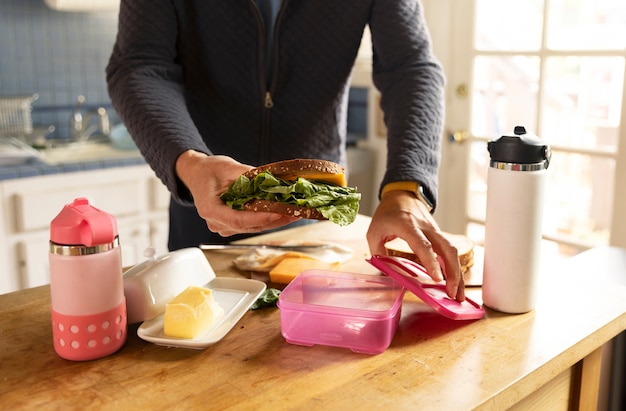
Fitness

Health

Fitness

Health

Health